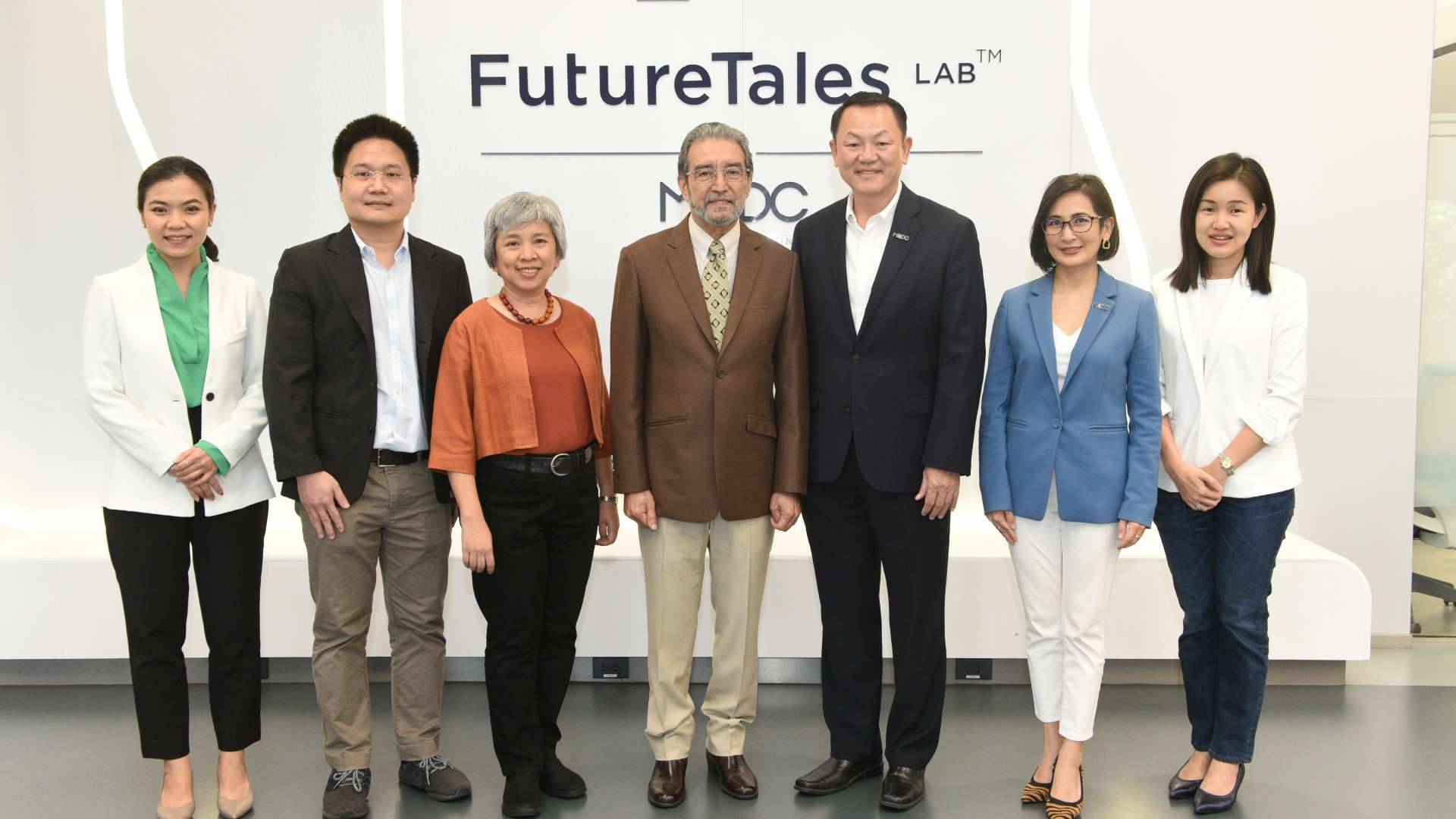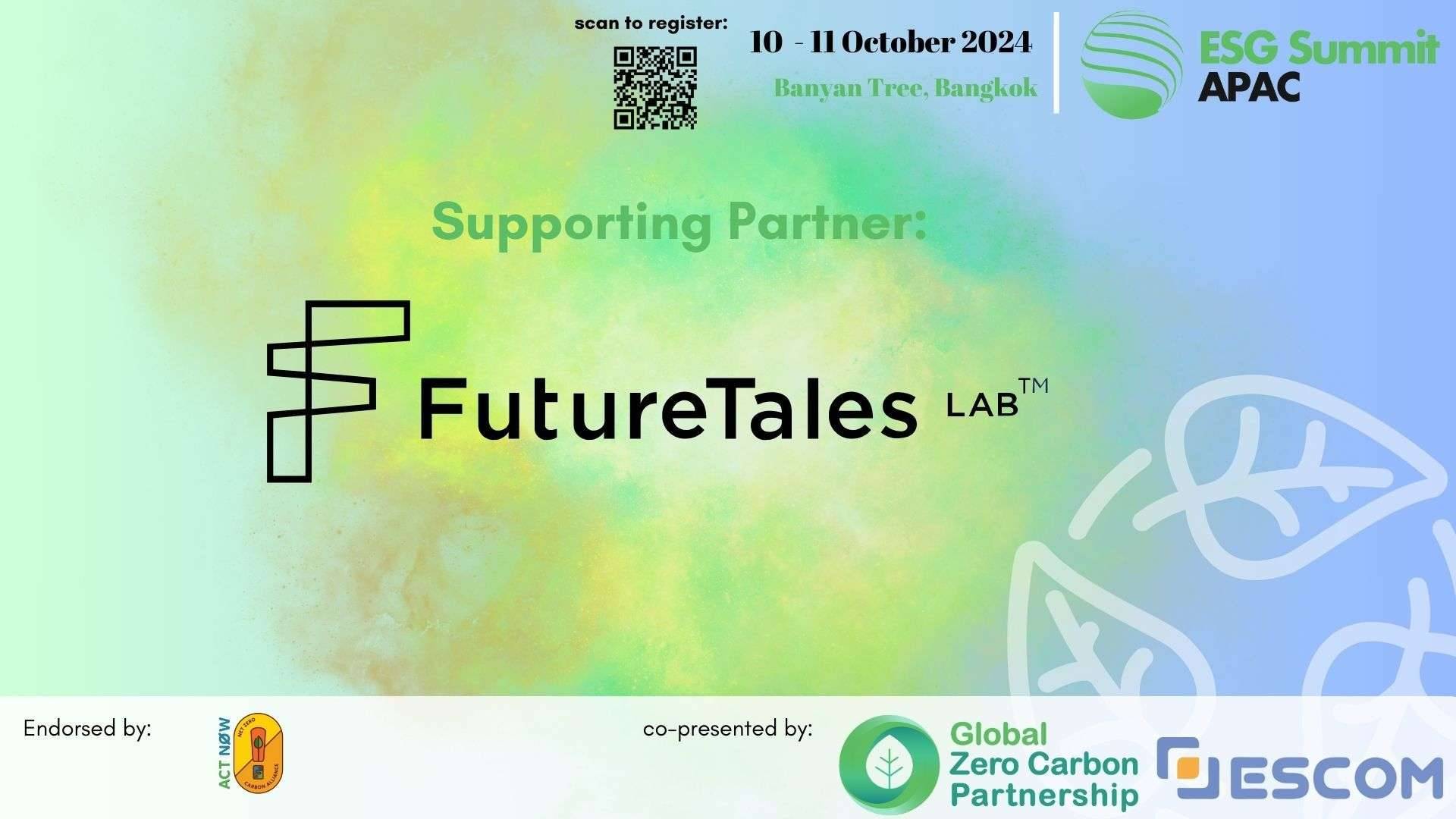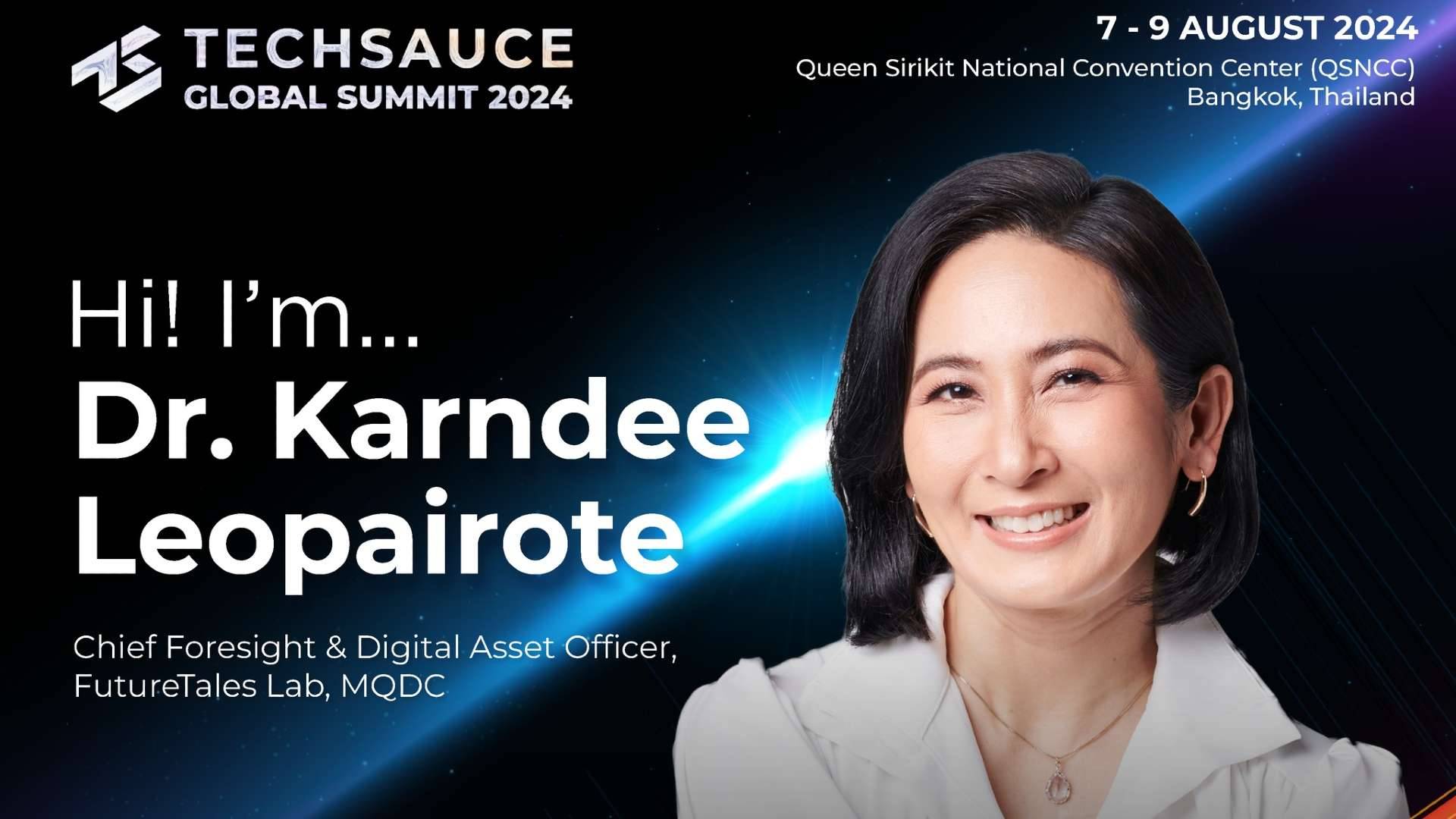
FutureTales Lab Forum Explores Thailand’s Future with UNFPA and NIA
EVENTS | Dec 24, 2020
FutureTales Lab by MQDC joined with the United Nations Population Fund (UNFPA) and National Innovation Agency (NIA) to hold “Future Generations and Their Impact on the Future of Living”, a forum on the future of the new generation.
Leaders from government, civil society, and business, as well as representatives of the new generation, gathered to share knowledge and ideas for developing Thailand to achieve its potential.
Mr. Keerin Chutumstid, President of the Property & Service Business Group of MQDC, said that MQDC had set up the FutureTales Lab futurology center to help plan its developments under its vision of “For All Well-Being” to benefit all life on earth.
"We have organized this forum to highlight demographic change and foster collaboration between government, civil society, and the private sector to identify trends and prepare for changes including new lifestyles," said Mr. Chutumstid.
Asst. Prof. Dr. Wassana Im-Em, Head of UNFPA Thailand Country Office, said that Thailand has now entered the aging society, with more people aged 60 and over than children, which will affect economic growth and quality of life.
“We need to focus on the young generation, especially for building stability,” she said. “We also need health and economic preparation for aging to ensure that all people are valued and can fully develop their and society’s potential."
Dr. Pun-Arj Chairatana, Executive Director of the National Innovation Agency (NIA), said that looking to the future is critical to the country’s development, especially for promoting innovation. Another key aspect is understanding the young generation, to link generations.
“If we open our minds to learn and understand society and those around us, we will see more and more diverse opportunities for innovation in building a sustainable society,” said Dr. Chairatana.
Dr. Karndee Leopairote, Chief Advisor of FutureTales Lab, said the futurology center, in studying past and present trends to predict the future and prepare effectively for change, has found that Gen Z will change attitudes and behavior.
Gen Z is more concerned about the environment and major social issues. It has a clear identity, with flexibility in work, and will provide leaders who understand diversity, which is key to driving the country’s and the world’s economy.
“These young people of Generation Z, born between 1995 and 2010, are used to living with technology,” she said.
“Their wide-ranging impacts will include major changes in the labor market, especially in work skills, affecting the future of the job market in the next 10-20 years. They will be a driving force for change, especially by expressing their diverse views to fight inequality and injustice.
"Organizations and businesses must understand and support these young people. Using the strengths and potential of this group appropriately and efficiently, we hope to play a part in building a better future for Thailand together.”
Explore the FutureTales Lab’s research for finding a better future: www.futuretaleslab.com












